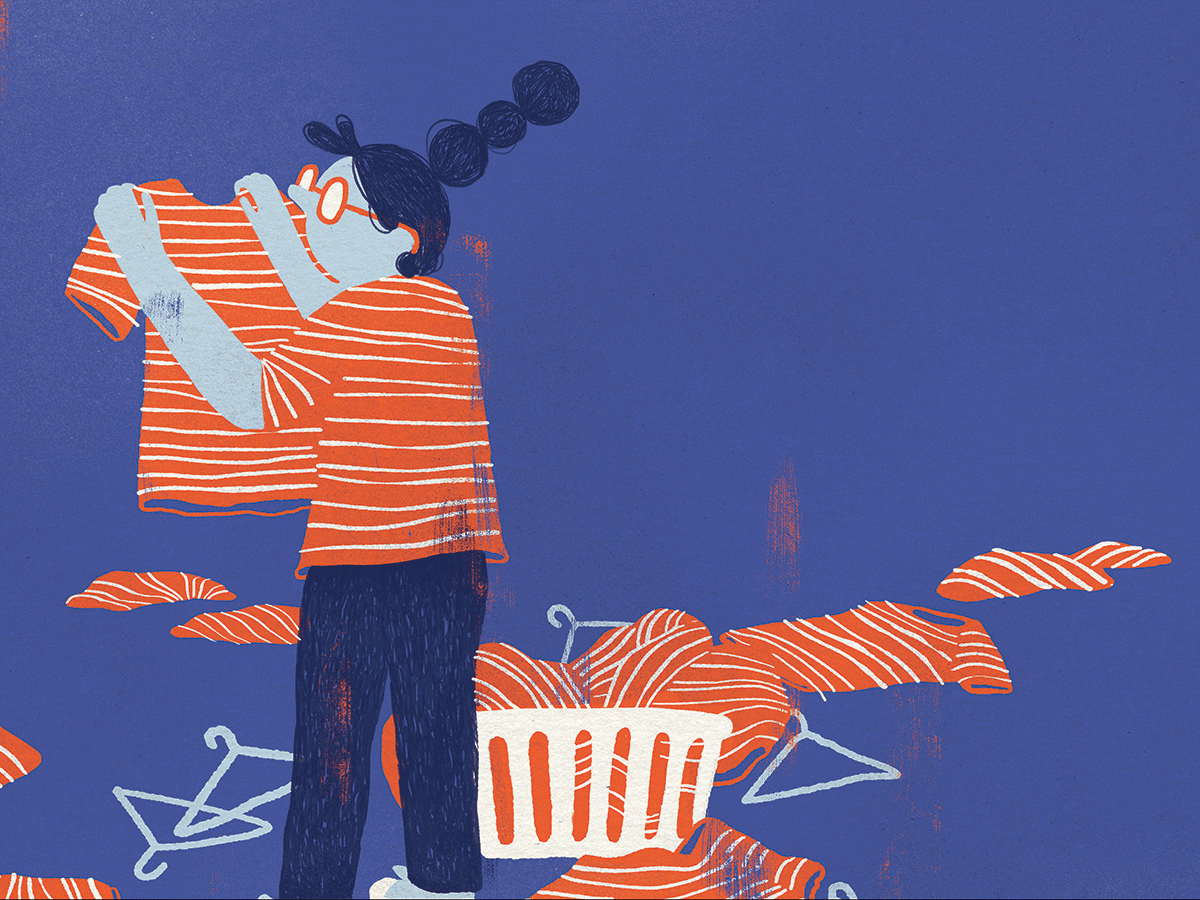You’re Stuck in a Rut (Thanks COVID)—Here’s What to Do

Experts explain why pulling yourself out of your rut is good for you.
Think about the last time you had a spontaneous run-in with a friendly acquaintance. It’s the sort of encounter that seems…quaintly 2019, doesn’t it? Over the past two-and-change years of this pandemic, through waves of tentative reopenings and variant-fuelled lockdowns, plenty of us have stuck pretty closely to our routines. We’ve worn grooves into the sidewalks of our little neighbourhood walks. We’ve told the same two icebreakers at the start of Zoom meetings. We keep buying beans and keep failing to dream up a single new thing to do with them.
“For those of us still working from home, the environment is very stagnant,” says Teresa Liu-Ambrose, a professor at the University of British Columbia’s Djavad Mowafaghian Centre for Brain Health. Jokes in a Slack channel can’t offer the same stimulation as an actual discussion with our colleagues or an unexpected detour on our daily commute. “All these cues you didn’t plan for—the randomness of life—they can trigger some creativity or new kind of thought,” Liu-Ambrose says. Right now, “there’s a lack of the inputs that can push us to try something totally different.”
Habits aren’t inherently good or bad. We bring our own views about the behaviour’s value, which can of course change. But when we perform a task repeatedly over time, the synaptic connection between certain neurons gets stronger, and the behaviour becomes automatic for the brain. (This is why it’s far less onerous to drive a car now than when you were learning—hey, you can even listen to music! You can call your mom on speakerphone!) Essentially, “neurons that fire together, work together,” Liu-Ambrose explains.
(Related: How to Find a Hobby as an Adult)
The reward centre of our brain is activated because we tend to build up habits that we enjoy or that produce the kinds of outcomes we want—releasing delightful neurochemicals like dopamine and serotonin. “Because habits are based on history, though, they’re not immediately flexible or sensitive to feedback,” says Laura Corbit, assistant professor of psychology at the University of Toronto. That means they can be stubbornly resistant to change, even once we no longer assign the same value to the behaviour or the routine starts to feel suspiciously like a rut. “Habits take time to build up and they similarly take time to break down,” Corbit says.
And that can be even harder in times of emotional turbulence. “We know that stress promotes reliance on habits,” Corbit says. “When we’re fatigued or groggy or stressed, we’re not cognitively functioning well. So we fall back on the patterns that have worked for us in the past.”
Here’s the good news: Our brains really are wonderfully plastic specimens, and we can forge new habits to replace the ones that no longer serve us. Here’s the better news: It’ll feel really good whenever we do. When we introduce novelty into our lives, “it increases arousal and attention,” Corbit says. “A new environment will stimulate noradrenaline and dopamine, too.” It doesn’t have to be some significant overhaul—Corbit cautions that too much stimulation can then blend into the boundary of stress, and you’ve got enough of that in your life already. But those annoyingly obvious switch-ups—a new walking route, a spontaneous phone call to an old friend, different pants—will still activate your brain’s reward centre. And before long, you’ll even be dreaming up wild new variations for your entire stash of pandemic beans.




